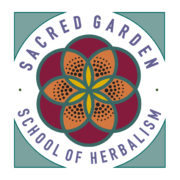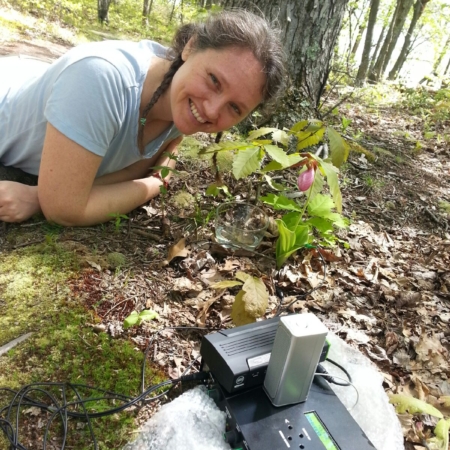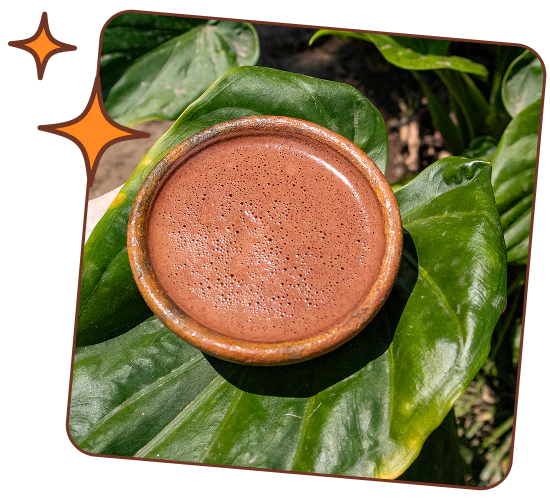UPCOMING EVENTS
Buds & Blossoms Clinical Herbalism
Now Enrolling!

Intro to Plant Communication ~ Aug 8th
&
Flower Essences 101 ~ Aug 9th
with Teacher, Author, & creator of Brigid’s Way ~ Jen Frey

Intro to Plant Communication
(Aug 8th, 6:30-8:30pm)
When you attend this delightful class, you’ll learn:
~Plants are conscious beings who learn, have memory, and respond to their surroundings, including our emotions.
~Humans and Plants have a deep bond.
~Communicating with Plants is a tool for our individual and collective evolution and healing.
Flower Essences 101
(August 9th, 9 am- Noon)
During this interactive workshop we will:
~Explore the healing gifts of several Essences
~Make an Essence together which you will take home to continue your exploration of Flower Essences.
+++++++++++++
Community Medicine Making Circles
with Jen Halima

Next one: August 23rd
The Elders & Herbal Syrup
As the flowers begin to berry, we’ll touch on so much wisdom in simple and yummy ways to strengthen and protect our immune systems as the summer begin to wane and the flowers are turning to fruit. You’ll take home a bottle of elderberry & rosehip syrup made with local honey for immune support and try out some other herbal syrup recipes in class.
~~~~~~~~~~~~~~~~~~~~~~
Cacao Ceremony
with Angela Bates

10:30 am – 1:30 pm
Step into a sacred place of magic and connection for a special cacao ceremony featuring Keith’s Cacao. You will experience a heart-opening journey guided by ritual, intention, and he healing spirit of cacao. The ceremony will include gentle clearing practices, storytelling about the cacao being served, a sound meditation, and, of course, drinking the world’s finest ceremonial-grade cacao, all while allowing the energy of this beautiful medicine to awaken you to move love, more fun, and support you in getting out of your own way. Come as you are, leave transformed.
+++++++++++++
Sunday Morning Tea Ceremonies

with Silvy Franco
Join Silvy for a meditative ceremony to commune with Camelia sinensis. Come for quiet reflection as you sip on several cups of tea following Japanese tradition. Ceremony begins at 9:30 am and goes for an hour. Pre-registration is required.
Suggested Donation: $25




Pleurisy Root
/in Herb of the Month /by Ashley Davis(Asclepias tuberosa)
Pleurisy root is a cousin of milkweed, native to North America. It is not used so often in today’s herbal community, but was a favorite medicinal plant to both Native Americans and early American electic physicians.
Family: Asclepidaceae
Names: butterfly weed, orange milkweed
Parts Used: root
Energetics: sweet, slightly bitter, slightly salty/minerally, moistening
Uses: Highly valued in treating pleurisy, pneumonia, and influenza to reduce inflammation and assist expectoration (1). As a diaphoretic, pleurisy root can be useful in breaking a fever. It also has a moistening effect to both the skin and the mucus membranes, lubricating dryness and loosening secretions that have become stuck or stagnant. Asclepias relieves sharp pain associated with pleurisy and acute bronchial trauma or infection (2). IHistorically pleurisy root was also used for consumption, diarrhea, dysentery, rheumatism, typhoid and eczema (3).
Indications: sharp, cutting chest pain that comes on suddenly and persists for hours or days (2), pleurisy, pneumonia, acute fever.
The American Eclectic physicians favored this medicine as a treatment for any disease where the skin is hot or dry, or in which the pores are weak and allow for passive sweating, with a flushed face, a full pulse, and pain that is worse with movement. Contemporary herbalist Matthew Wood recommends pleurisy root for a “cough that is dry in the upper lungs, wet in the lower lungs,” “pneumonia in the early stages, especially in children,” “coughs that are tight, dry and constricted,” and “sharp, stitching pains in the chest; pain in the chest from coughing” (4).
Contraindications: can be emetic and purgative in high doses
1- David Hoffman Therapeutic Herbalism
2- Finley Ellingwood American Materia Medica
3- Maude Grieve A Modern Herbal
4- Matthew Wood The Earthwise Herbal
**This information is for educational purposes only and is not intended to diagnose or treat any disease**